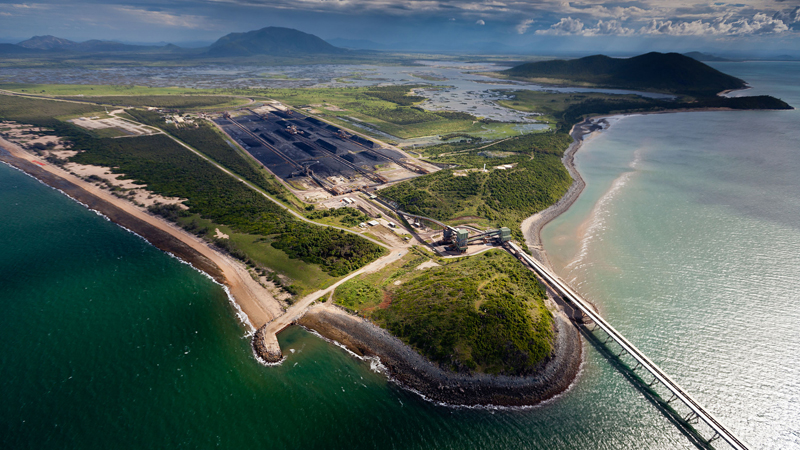On 29 August, the Australian Federal Court dismissed a legal challenge against a vast coal mine proposed for Queensland’s Galilee Basin.
The ruling effectively allows Australia to shirk responsibility for the environmental impact of its resources sector, exposing fundamental flaws in the law.
If proposals go ahead, the Carmichael coal mine will be one of the largest in the world, producing 60 million tonnes of coal a year.
Adani, the Indian conglomerate presiding over the new mine, estimates total greenhouse gas emissions from the project over its lifetime could amount to 4.7 billion tonnes of carbon dioxide equivalent. This is roughly the same as France’s entire national emissions, from all sources, in 2014.
The project is a “carbon bomb” that will contribute extensively to global warming.
Given its extraordinary emissions impact, the project has been the subject of several court cases by Australian environmental groups, with two legal challenges ongoing.
Weekly briefing: Sign up for your essential climate politics update
The latest challenge from the Australian Conservation Foundation (ACF) – represented by the Environmental Defenders Office – highlights the impact of climate change on the Great Barrier Reef, a World Heritage Area that is protected under both international and Australian law.
The ACF argued that in approving the project, the Commonwealth environment minister had failed to adequately consider the impact that the mine’s downstream emissions – from the transportation and burning of coal – would eventually have on the Reef.
In his reasoning, the minister said it was impossible to calculate the impact that these emissions would have on global net greenhouse gas emissions and temperatures. He said that the ultimate impact of the mine on global emissions was too hard to predict, because the emissions from burning the coal may be offset by reductions in India and other countries.
This perfectly illustrates the way in which the global nature of climate change can be used by politicians to avoid and delay taking action on future environmental problems.
Report: Scale of climate damages ‘could dwarf tobacco lawsuits’
Unfortunately the court rejected the ACF’s arguments, finding it lawful for the minister to reason that it was not possible to calculate how much the mine would add to global net emissions.
This tortured reasoning would essentially allow any emitter of greenhouse gasses – no matter how large – to deny the causal link between their actions and global climate change.
Demonstrating a link between the actions of one emitter on a global problem with multiple contributors is one of the most pressing problems in climate change litigation today.
But as the Urgenda case showed last year, there are other options. The court found that the emissions of the Dutch state would make a contribution to global climate change, despite being only a small part of the total. This kind of contributory test for causation must be adopted by courts and lawmakers when considering environmental impacts from greenhouse gases on climate change.
The Great Barrier Reef has just experienced one of the worst bleaching events ever recorded, with 93% of its area affected as a result of record sea surface temperatures in early 2016.
Australia’s own ‘Great Barrier Reef Outlook Report’ identifies climate change as the single greatest threat to the reef.
The precautionary principle, as enshrined in Australian law, is intended to guide decision making on cases like this.
Yet quite clearly, Australia’s environmental laws are failing to protect the Great Barrier Reef – which also supports a multi-million dollar tourism industry – from the threats caused by the extraction and burning of fossil fuels.
Australia’s environmental laws are clearly unfit for purpose and need to be reformed to make sure they tackle the most pressing environmental issues of our time.
Sophie Marjanac is an Australian-trained lawyer with Client Earth
